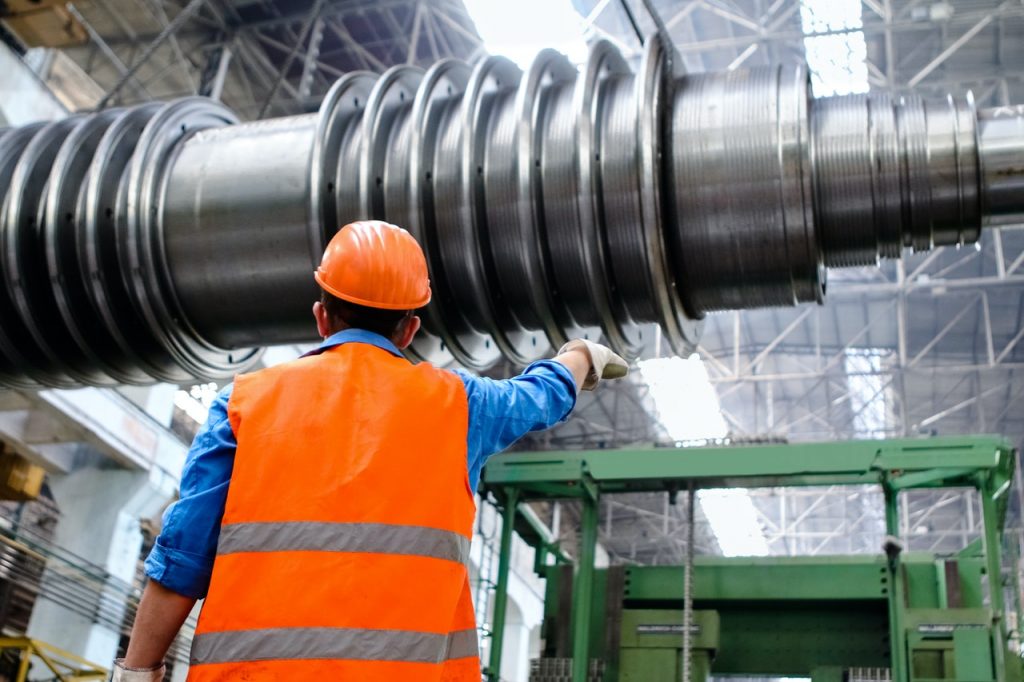
The best technical translation experts will correctly capture the meaning of the source content and ensure accuracy in terms of language and style.
Translation is not just about taking a text in one language and presenting it in another. You must also capture the spirit of the material and be able to put it all in context.
This is obviously true for works of fiction and marketing materials, but the language vs. meaning conversation gets a bit murkier when it comes to technical translation.
Let’s take a deeper look at why this is the case.
Why Technical Translation is Unique
Technical translation is a perfect example of a task that does not require literary skills.
What matters here is having knowledge of a given subject area, being able to understand the content, and using the terms specific to the material.
To translate technical texts, you also must be able to read technical drawings or other pictures used to illustrate the content.
You might think the translation of drawings is simple; all you need to do is to look up some terms in a dictionary, right?
Not so fast.
Many terms are incredibly specific, and their equivalents may mean something completely different in the other language.
That’s the challenge with technical translation. Proficiency in the two languages in question in not enough. You also need extensive substantive knowledge to capture the meaning of the text.
Translation Across Industries: The Best Approach
Technical translation is a very specialized field. Professional translation agencies often hire people with an engineering background to help.
While there are professional translators specializing in these areas, former employees from various industrial sectors are also brought in to freelance as translators.
For example, one translator could be brought in to deal with technical translations for the railway industry, while another will translate texts relating to agriculture, mining, or metallurgy.
They don’t necessarily have to be linguistics graduates, but a proficiency in foreign languages is certainly necessary.
The translation agency’s task is to choose the right person for a given project and to ensure the translation process is correctly.

When dealing in specialized areas, it is essential to ensure consistent terminology.
Repeating the same terms consistently is a must.
The rules of technical translation are completely different from those to be followed while translating fiction, for example, which may read better when synonyms are used.
Accuracy here is much more important than style. Technical texts are meant to convey a specific message that is not subject to interpretation but rather understood by all readers in the same way.
To ensure consistent, high-quality translation, an agency may make use of computer-assisted translation tools.
With CAT tools, several people can work efficiently on the same project, using translation cues that prompt the correct terms.
As mentioned above, high-quality translation is ensured through extensive experience in working for a given industry.
Using software to facilitate technical translation is therefore balanced with knowledge employed by professionals in the field.
They can proofread the materials and cross reference with the client, thereby creating a deeper partnership through educational materials and training courses for companies they are going to work with on a regular basis.
Rely on Translation Professionals
Summa Linguae’s language and services will help you convey your message effectively and powerfully across the globe.
We take care to provide the highest quality, accurate translation and ensure your translated text expresses your intended message.
Get in touch to deliver your message around the world today.


